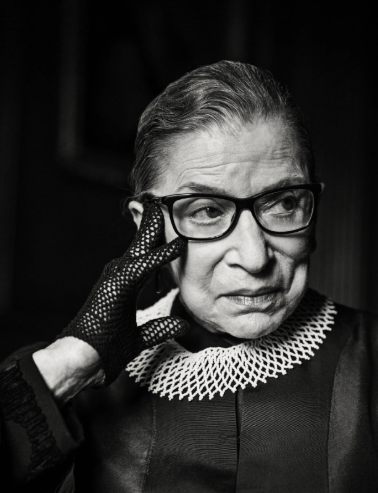The Big Brain Prophecy
- Elizabeth Harrison

- Aug 14, 2020
- 4 min read
Updated: Nov 30, 2020
From a young age I was invested in books! As a toddler a nap partnered with a good book was all I needed to launch myself into an ambitious and energetic day. Honestly, not much has changed. In elementary school I was heavily invested in books such as Diary of Wimpy Kid, Dork Diaries, Junie B Jones and many more wildly spirited literary works. However, I remember when our good old friend standardized testing declared I should read more challenging books. I remember my teachers handing me historical fiction books that were twice as thick as my previous selections. I was horrified. I felt I had no other choice but to abandon my favorite stories for books that seemed to spend chapters describing a patch of grass. I didn’t understand back then why I felt the need for my book selection to “grow up”, but the answer seems quite clear to me now. It’s what I would like to call “The Big Brain Prophecy” (Fun, right?)
Now what in the world do you mean by the Big Brain Prophecy?
By switching my reading from fun festivities to books plastered with (often falsified and outdated) educational merit I let myself fall into a stigma. I started to think that it was wrong to enjoy “simple” and adventurous stories. This led to me sweating through Shakespeare in sixth grade because, as I understood, the largest, most ambitious vernacular equated immediate educational and intelligent value. Essentially, the most extensive and far reaching vocabulary meant the smartest statement, comment, phrase, story etc. Fancy Language is intelligence. The Big Brain Prophecy.
Wait, What?
I CAN’T BELIEVE IT TOOK ME UNTIL MY JUNIOR YEAR TO REALIZE THE MESS I WAS IN!
I remember sitting in my English class at 7:30 in the morning, and hearing all of these big worded comments to a question. It made me feel like I was not in on an inside joke all 26 of them had casually made without me. Obviously that wasn’t the case. However it got me trying to decode what they were talking about when all of a sudden my brain made a little game show correct answer ding as I realized. They are repeating the same comment over and over just with bigger words. What is the point? There isn’t one. (Well actually there was one, one exactly, but it got lost somewhere in the 26 translations) This idea of forcing fancy talk on ourselves to seem smarter has been embedded in our education. This wasn’t just a me thing.
Ok, but what is the danger of this so called “Big Brain Prophecy” ?
I was at first confused why this might be an issue. Then I began to realize how much I second guess a comment I am about to make because I believe it sounds too simple, or unintelligent.
I am extremely privileged, especially with resources for broadening my vocabulary, so it is very important that I step outside of my viewpoint. Not everyone’s first language is English. Not everyone uses the same vocabulary. The biggest harm caused by using “Big Brain Language” is assuming people who don’t form this “ideal” form of speech are less intelligent. This white washed form of polished speaking can even further harm marginalized communities. As someone who often tries to sound much smarter by adding bigger words, I know that at the core of my puffy verbose ramble is a thought that would be best expressed and put simply. So why should I try to fancy it up?
Now what in the world does this mean in Speech and Debate Land?
I took a semester away from Speech and Debate and was glad to come back. However after this thought I wanted to see for myself how we let the perplexity of vernacular influence the speech and debate world. I took Impromptu to this tournament. In my impromptu prelims and semi’s, I let loose. I was having a BLAST! Spoke nothing besides my personal truth, did not even attempt to make anything fancy or superb. However In my final round, I noticed others flexing their big words and I felt absolutely pressured to do them the same. Which made me extremely nervous and landed me right into a finalist spot. I believe If I hadn’t stressed about sounding the smartest and stuck to my honest way of speaking and having a good ol time I would have felt a lot more comfortable in my speech.
During my time away from Speech and Debate the thing I missed the most was a space where people HAD to listen to whatever I wanted to talk about. I don’t think we take advantage of what a gift that is. If we want to share what we hold close to our hearts why are we talking above people and not to people? Why are we pressuring ourselves to be the smartest, when we can be the most real? Why do we feel as though convincing has to be made by the presentation of our words rather than the content of which we speak?
I am eager to continue to decode the language and intelligence relationship. THERE IS SO MUCH TO LEARN! However, I think regardless of the way someone speaks, we need to consider what they are saying, and admire their ability to speak their truth.
--
Elizabeth Harrison
Bentonville High School Senior



Comments